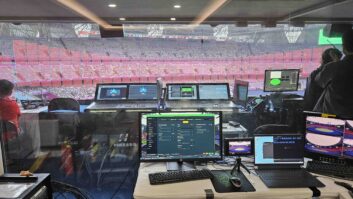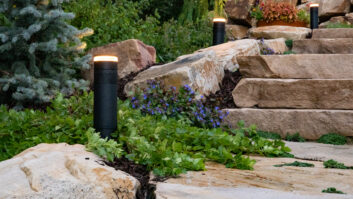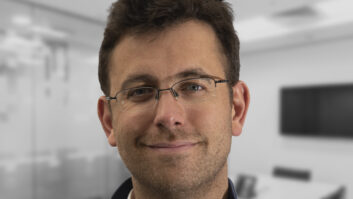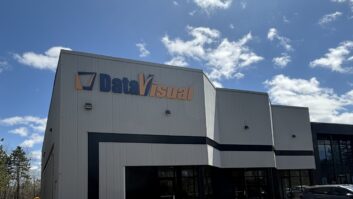2010 has witnessed a surge in business for Essex-based residential technology supplier and installer Clarke Infinity. Founder and managing director Simon Clarke (pictured) talks to David Davies about the company’s origins in satellite and aerial installation, the current growth area of CCTV, and the increasing pressure on margins throughout the CI business.
Q: What was the starting point for Clarke Infinity?
A: The company was founded in 1987 and at that time I was working in the aerial and satellite business. It was a very competitive time, I recall; everyone was competing against each other in the Yellow Pages and the local papers. We decided to take a different approach, charge a lot more, and do a really good installation. From that point, we started to build up a base of high-end clients who were keen to find out what else we could do, including whether we were able to install sound systems.
Our first residential audio installation was in 1991 for Clinton Cards’ founder Don Lewin. Later in the ’90s, we also moved into lighting and video, as well as Crestron control for the higher-end projects. Crestron was the only system at that time that we felt could really do the job, and indeed we have stuck with them ever since and still install their systems now.
Q: Approximately how many of your projects now involve Crestron integration in some form or another?
A: About 50%, and that has gone up in recent months with the introduction of Crestron Prodigy [described as a “Smart-car Bentley” for the residential industry in a recent IE Residential interview with Crestron UK MD Robin van Meeuwen]. Part of the reason we get the work we do is because people deal with us on trust, and if you build a business out of trust you have to sell kit that you feel represents value for money. Now, in the past a single cinema room might have required quite an expensive Crestron system, but now Prodigy will do the job, so there is an obvious trend towards that system and away from the higher-end products. I’m not sure they envisaged that happening, but if the products are doing the same job, I can’t, hand on heart, sell the customer the [more expensive] system.
Q: What about your other favoured AV brands?
A: We mainly stick with Denon and Pioneer for audio, and have also been a loyal customer of Lutron; they have been good to us and we see no reason for change. We are also installing a lot of JVC projectors at the moment – they are really good value.
Q: What is the main contributor to your workload at present?
A: Small cinema rooms between £13K and £15K constitute our biggest market now. If rooms of that value represent 60% of home cinema projects, then 20% would be rooms in the £60K bracket, and the remaining 20% would be £5-6K systems with plasma screens.
CCTV is also proving to be a growth area for us. Whereas in the past, this might have been bolted on to a Crestron set-up, for example, we now find that an increasing number of customers want individual, unique CCTV systems.
Q: Finally, what’s your outlook on the short- to mid-term future for the UK residential market?
A: Last year was quiet – we were about 20% down on turnover – but this year has been very busy, and I am hopeful that we will be up by 10-15% on 2009. But on the other hand, there is a trend towards people delaying payments that can really eat into your net profit, even if it’s just one customer out of every ten. Problems elsewhere on a project – for example, a builder experiencing financial difficulties or perhaps going bankrupt – can lead the client to question everybody’s ethics and use this as an excuse not to pay the last invoice.
The move towards less profitable systems leads me to suspect that some companies will throw in their cards altogether because it’s simply not worth it. But from the perspective of Clarke Infinity, I am upbeat: we have kept our overheads low and this year is proving to be very good for us.







